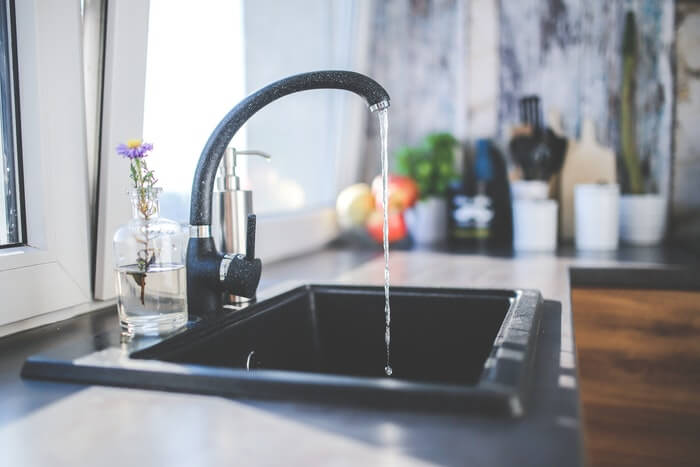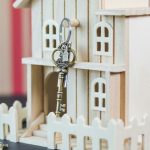Guide to Saving Water in The Summer
Post by : favouritehomes
Conserving water becomes increasingly important during the summer months when higher temperatures and increased outdoor activities can lead to greater water consumption. Here are some tips to help you save water during the summer:
Water-efficient landscaping
Select drought-resistant plants and grasses for your garden, as these varieties can survive with less water and can withstand the hot summer weather better than the traditional options.
Mulching
Apply a layer of mulch around plants and trees in your garden to retain moisture in the soil. As mulch prevents water evaporation, your garden won’t need frequent watering.
Watering wisely
Water your garden during the early morning or late evening hours, when temperatures are cooler and evaporation is slower. Watering during the heat of the day can result in water evaporation even before the plants can benefit from it.
Drip irrigation/soaker hoses
These methods minimize water wastage through evaporation or runoff and deliver water directly to the base of plants. Drip irrigation systems and soaker hoses are more efficient than traditional sprinklers and can significantly reduce water usage in the garden.
Capture rainwater
Set up a storage unit to collect runoff rainwater from your roof. This water can then be used to water the garden, reducing dependence on the city’s water supply.
Fix leaks promptly
Mend any leaky faucets and water outlets timely. Even small leaks can waste substantial amounts of water, contributing to waste and excessive water bills.
Install water-saving fixtures
Upgrade to water-efficient faucets, showerheads, and toilets to reduce water usage, in keeping with the water-saving standards set by the Environmental Protection Agency (EPA).
Take shorter showers
Limiting your shower time can also save substantially on water usage, especially during the summer when people tend to shower more often. A low-flow showerhead is useful for reducing water consumption, without adversely affecting the shower’s water pressure.
Reconsider water activities
Minimize water usage for outdoor activities like washing cars or refilling swimming pools. Use a bucket instead of a hose when washing your car and keep swimming pools covered when not in use to prevent water evaporation.
By implementing these water-saving strategies, you can reduce your water usage and contribute to a more environmentally friendly lifestyle, especially during the summer months when water usage tends to peak.
 +91-98959 94000
+91-98959 94000 +971 508448772
+971 508448772












